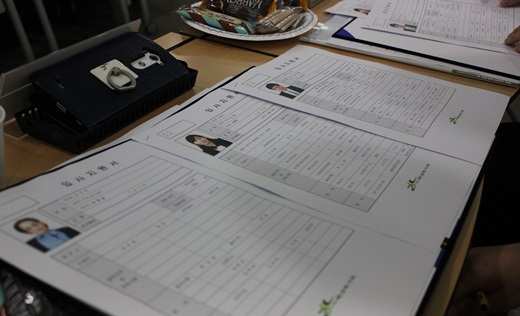Borderline intelligent people, a term often used to describe people who are intellectually on the borderline between disabled and able-bodied people. Based on the intelligence quotient (IQ), it is estimated that there are about 7 million borderline intelligent people in Germany, or about 13% of the population. Of course, borderline intelligent people cannot be evaluated and categorized by IQ alone. The causes and aspects of their problems vary widely.
Borderline intelligent people have many difficulties in daily life due to their limited learning and social abilities, and it is known that they have many difficulties in finding employment or working life after graduating from school. Currently, there is no system in Korea to support the employment and working life of borderline intelligent people in adulthood. So, what efforts are being made overseas to support employment for borderline intelligent people? I would like to shed some light on the situation in Germany.
(…)
In Germany, borderline intelligent people are often referred to as ‘slow learners’. Slow learners don’t just mean people who are slow learners. It means someone who needs more time and support to learn. In other words, we need to give slow learners more time and support.
German experts suggest that in order for vocational training for people with learning disabilities to be successful, first, the work instructions should be clear; second, the goals that the person with learning disabilities should achieve should be clearly defined; third, the person with learning disabilities should be actively encouraged to ask questions or ask for help at any time; and fourth, the level of vocational training should be increased slowly and more time should be provided than for people without disabilities. These are the same principles that should be applied to borderline intelligent people in Korea.
*Please note this is a Korean article
Source: ablenews




